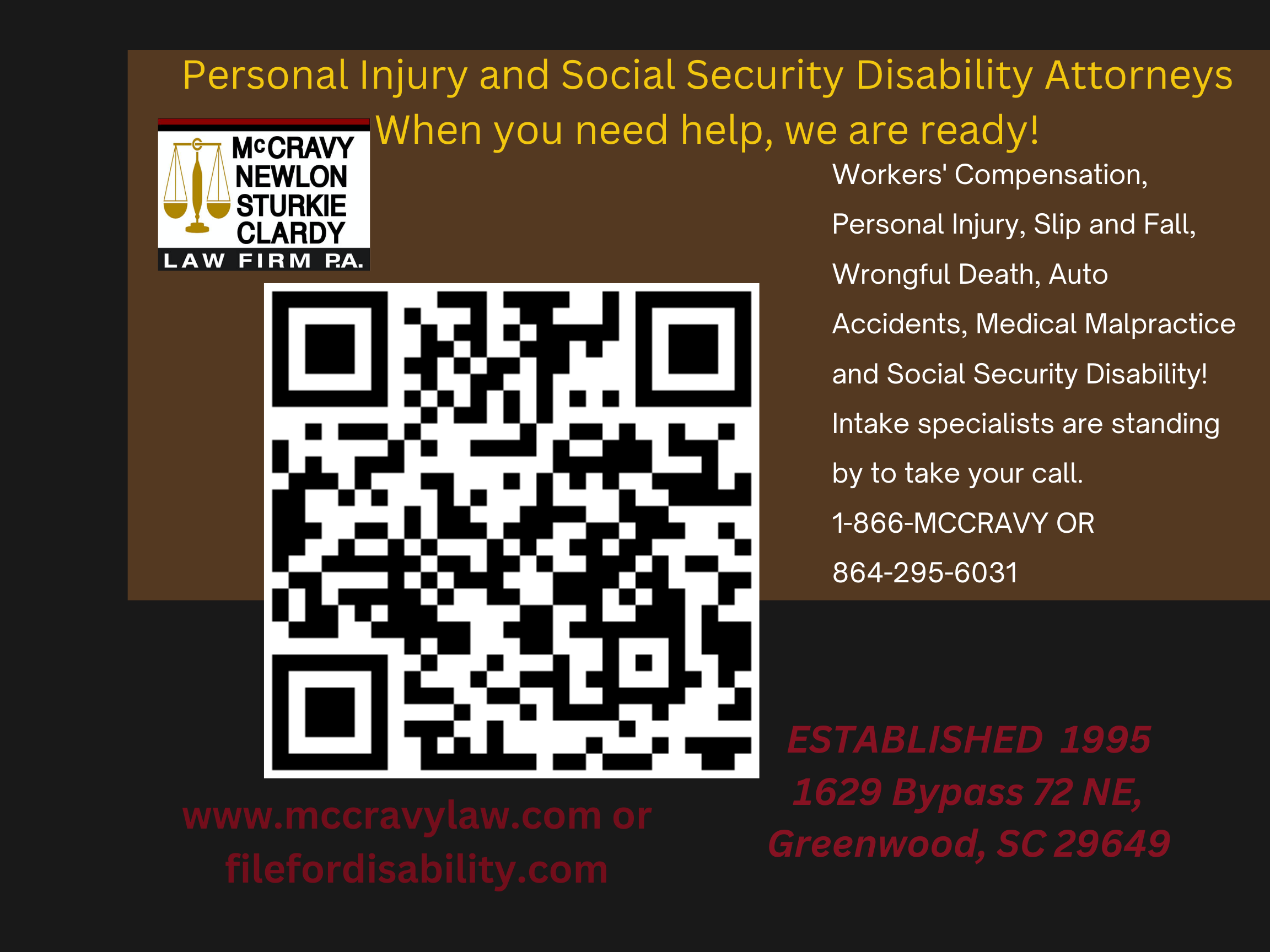SC Chamber of Commerce: Three Things to Know
May 11, 2020Today’s COVID-19 business information compiled by your SC Chamber Team
Governor Allows Restaurants to Resume Limited Dine-In Service Starting Monday, SC Budget Forecasters Downgrade State Revenue Estimate, SC Chamber OSHA Webinar Recap
1. Governor Allows Restaurants to Resume Limited Dine-In Service Starting Monday
In a press conference this afternoon, Governor McMaster announced that he is lifting additional restrictions, including allowing restaurants to resume some dine-in service starting at 12:01 on Monday. This plan marks the beginning of “Phase Two” of the restaurant reopening proposed to the acclerateSC Response Committee. Phase One was the reopening of outdoor dining service, which began on Monday this week.
For restaurants seeking to begin limited dine-in service, Governor McMaster released the following guidelines, provided by the SC Restaurant and Lodging Association (SCRLA):
- Only allow 50% of posted occupancy inside, as determined by fire marshals
- Tables should have space 6-8 feet apart
- Additional cleaning and sanitizing guidelines for equipment, tables, chairs, etc.
- Additional guidance for health checks for all employees
- Social distancing guidance for employees and customers, including recommended
In addition to this announcement, Governor McMaster lifted all boating restrictions, as defined by Executive Order 2020-25, effective immediately. All laws and regulations concerning the safe operation of boats in South Carolina will now return to normal. He stressed that law enforcement can still cite, arrest, or disperse any groups of three or more individuals posing a threat to public health or public safety.
Finally, the Governor announced that he plans to decide on opening some close-contact businesses like barbershops, salons, and gyms as early as Monday of next week.
2. SC Budget Forecasters Downgrade State Revenue Estimate
In advance of the General Assembly returning next week, the Board of Economic Advisors (BEA) met today to update the state’s general fund forecast for the current and upcoming fiscal year.
2019-20 Forecast: Budget forecasters expect to see a reduction of $507 million for the current fiscal year that ends on June 30th.
2020-21 Forecast: For the upcoming 2020-21 fiscal year, the BEA reduced the estimates by $701 million. This estimate means that the General Assembly will have an estimated $9.55 billion to allocate in the FY 20-21 state budget, down from the $9.61 billion predicted last month and the $10.25 billion predicted in February 2020. There was a downgrade in revenue growth rate, estimated at a much lower 1.7%, compared to the April estimate of 2.3%, and the February estimate of 4.5%.
This forecast may continue to change as the effects of COVID-19 on the economy continue to materialize. The state’s economist Frank Rainwater noted that, as it relates to making estimates in this environment: “We have a mixed bag, and we’re just trying to sort through the details.”
Next week, the House and Senate expect to agree on a version of a Continuing Resolution (each body has already passed a version of its own), which will allow the state to operate at current budget levels without a new budget on June 30th. After they reach a compromise and pass the final resolution, both bodies will likely return to adopt a new budget for FY 2020-2021 in late summer or early fall. The updated BEA forecasts will be critical in shaping the allocation of funds.
The downgrade of revenue estimates triggers a law that would allow the General Assembly to stay in session for two additional weeks after the last regular day of session on May 14th.
3. SC Chamber OSHA Webinar Recap
Yesterday, we hosted a webinar for employers on how to begin reopening businesses safely. Presented by Kyle Dillard and Michael McKnight, shareholders with Ogletree Deakins and experts in employment and labor law, the webinar covered topics like:
- Steps employers can take to comply with continually evolving governmental safety and health recommendations.
- The proper handling of suspected and confirmed cases of COVID-19 and employee screening.
- Response to employee questions, concerns, and complaints about Personal Protective Equipment and workplace conditions.
- OSHA requirements are impacting the use of face coverings, surgical masks, respirators, and PPE in the workplace.
Live5News in Charleston covered the webinar and provided a helpful summary:
- Can I require employees to wear face coverings?
- In the webinar, lawyers went through some clauses by the Occupational Safety and Health Administration (OSHA). They said if employers require employees to wear face coverings, they should provide them and keep them in a sanitary condition. Lawyers also said OSHA would not regulate face coverings for most businesses. However, OSHA does regulate the use of fitted, N95 masks, which are typically used by medical professionals.
- Can an employee refuse to work because they are scared of COVID-19?
- In the webinar, lawyers said employees could refuse to encounter dangerous conditions at work. For example, if employees are required to wear face coverings and stand six feet apart and do not follow those regulations, the employee can complain. However, employees cannot refuse to work because they are simply “afraid” with no basis. They suggested reaching out to OSHA if you have specific questions.
- What is the best way to screen employees or customers before entering a business?
- In the webinar, lawyers said employers are encouraged to do some kind of screening in the workplace. This screening could mean a questionnaire that asks employees if they have had symptoms or traveled to high-risk areas. It could also mean temperature-checking people at the door or asking employees to check their temperatures at home before coming to work. If employers are checking temperatures of others, OSHA recommends having a physical barrier between the two employees since keeping a six feet distance is difficult during this task.
- What do you do if your workplace has a suspected or confirmed case?
- In the webinar, lawyers said employers should require people to stay home if they are sick. They should also follow CDC deep-cleaning and disinfecting guidelines after reported suspected or confirmed cases. However, employers are only required to report to OSHA if there is an employee hospitalization within 24 hours of being infected or if an employee dies from the virus.
- Click here to view all of the slides from the webinar and here to listen to a full recording.












